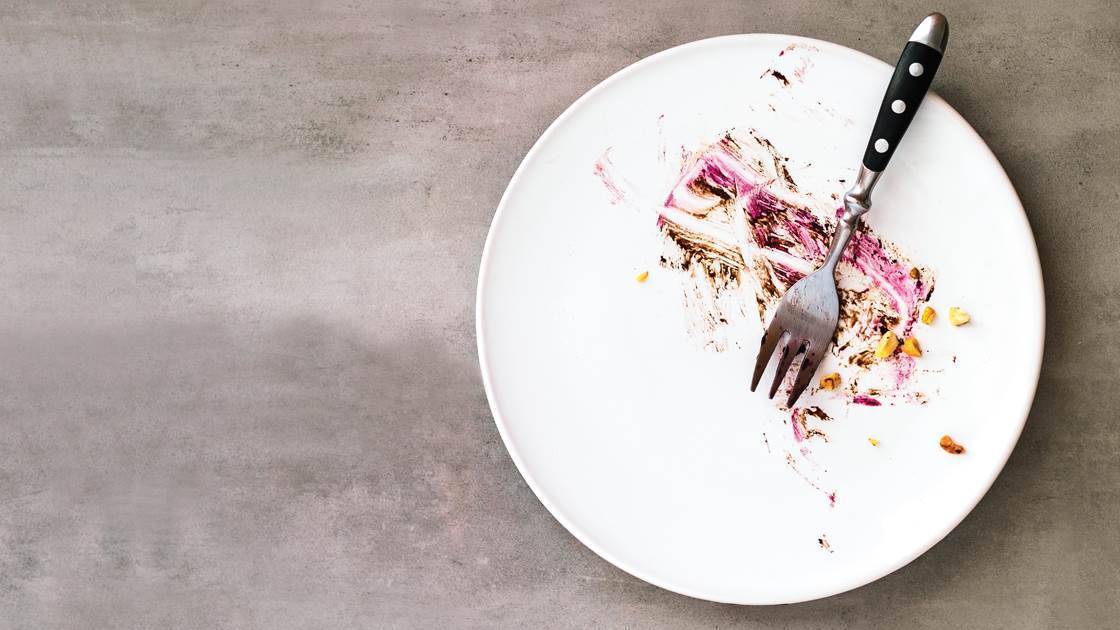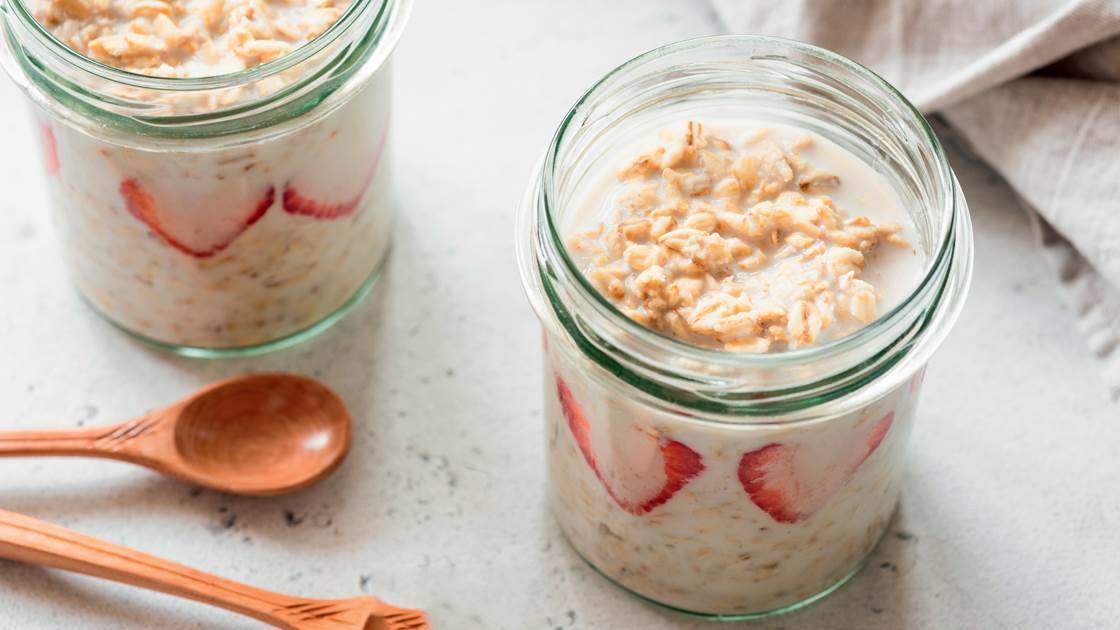For most of us, stress is a fact of life. Unfortunately, research reveals that it’s also a fact of fat. “Even if you usually eat well and exercise, chronic high stress can cause you to gain weight,” says preventative medicine expert Dr Pamela Peeke.
Here’s what happens: Your body responds to all stress in exactly the same way. So every time you have a stressful day, your brain instructs your cells to release potent hormones. You get a burst of adrenaline, which taps stored energy so you can fight or flee. At the same time, you get a surge of cortisol, which tells your body to replenish that energy even though you haven’t used very many calories. This can make you hungry...very hungry. And your body keeps on pumping out that cortisol as long as the stress continues. But few of us reach for carrots in these situations.
“Instead, we crave sweet, salty, and high-fat foods because they stimulate the brain to release pleasure chemicals that reduce tension,” explains Dr Elissa Epel, a researcher on stress eating. This soothing effect becomes addicting, so every time you’re anxious, you want fattening foods. With your adrenal glands pumping out cortisol, production of the musclebuilding hormone testosterone slows down.
“Over time, this drop causes a decrease in your muscle mass, so you burn fewer kilojoules,” explains Psychonutritionist Dr Shawn Talbott. “This occurs naturally as you age, but high cortisol levels accelerate the process.” Cortisol also encourages your body to store fat - especially visceral fat, which is particularly dangerous because it surrounds vital organs and releases fatty acids into your blood, raising cholesterol and insulin levels and paving the way for heart disease and diabetes.
Obviously, getting rid of all anxiety isn’t an option. But by sidestepping these seven mistakes, you can get your cortisol levels and your weight under control.







You blow off your exercise buddy.
Not only would you get to chat about what’s been on your mind, you’d blast kilojoules too. “Moving your muscles is an effective, instant stress reliever. It actually fools your body into thinking you’re escaping the source of your stress,” says Talbott. “Exercise makes your blood circulate more quickly, transporting the cortisol to your kidneys and flushing it out of your system.” But if pushups aren’t practical, just flexing your hands or calf muscles will help move cortisol along, he says. Even taking a stroll on your lunch break is beneficial. In one study, Talbott found that 18 minutes of walking 3 times per week can quickly lower the hormone’s levels by 15 percent.
You rush through meals.
Under stress, we tend to scarf down meals - even healthy food. In fact, research has linked this behaviour to bigger portions and more belly fat. But Epel hypothesises that slowing down, savouring each bite, and paying attention to feelings of fullness may lower cortisol levels along with decreasing the amount of food you eat, thereby shifting the distribution of fat away from the belly.
You’re on a diet. All the time.
It’s ironic, but research shows that constant dieting can make cortisol levels rise as much as 18 percent. In addition, when your cortisol levels spike, your blood sugar goes haywire, first rising, then plummeting. This makes you cranky and (you guessed it) ravenous. When your brain is deprived of sugar - its main fuel - self-control takes a nosedive, and your willpower doesn’t stand a chance
You never give in to your cravings.
When stress drives you toward something sweet or salty, it’s OK to yield a little. “It’s much better to indulge in a small way and cut off your cortisol response before it gets out of control,” says Epel. “Have a piece of chocolate. You will feel better. Just stop at one.” If you have trouble restraining yourself, take precautions so you won’t binge. Buy a single cookie when you’re out instead of keeping a box at home; or keep them in the freezer so you have to wait for one to defrost.
You guzzle caffeine.
Next time you’re under duress, choose decaf. When you combine stress with caffeine, it raises cortisol levels more than stress alone. In one US study, consuming the equivalent of 2½ to 3 cups of coffee while under mild stress boosted cortisol by about 25 percent - and kept it up for three hours. When subjects took 600mg of caffeine (the equivalent of 6 cups of java) throughout the day, the hormone went up by 30 percent and stayed high all day long. You’ll experience these effects even if your body is accustomed to a lot of lattes. And because high cortisol levels can contribute to stress eating, you might want to consider quitting caffeine altogether.
Breakfast isn’t a meal you do.
Deficiencies in B vitamins, vitamin C, calcium, and magnesium are stressful to your body. And these deficiencies lead to increased cortisol levels and food cravings, says Talbott. But you can fight back by eating a breakfast that’s high in these nutrients. He suggests some OJ, a grapefruit, or a large handful of strawberries to supply vitamin C; 180-240g of low-fat yoghurt, which contains calcium and magnesium; and whole grain toast with a bit of peanut butter. Whole grains are bursting with B vitamins, while peanut butter contains fatty acids that can decrease the production of stress hormones.
You don’t prioritise sleep.
The most effective stress-reduction strategy of all: Get enough shut-eye. “Your body perceives sleep deprivation as a major stressor,” says Talbott. A US study found that getting an average of 6½ hours each night can increase cortisol, appetite, and weight gain. The National Sleep Foundation recommends 7 to 9 hours. As if that weren’t enough, other research shows that lack of sleep also raises levels of ghrelin, a hungerboosting hormone. In one study, appetite - particularly for sweet and salty foods - increased by 23 percent in people who lacked sleep. The good news: A few nights of solid sleep can bring all this back into balance, and getting enough regularly helps keep it there. Says Talbott, “You’ll eat less, and you’ll feel better, too.”








